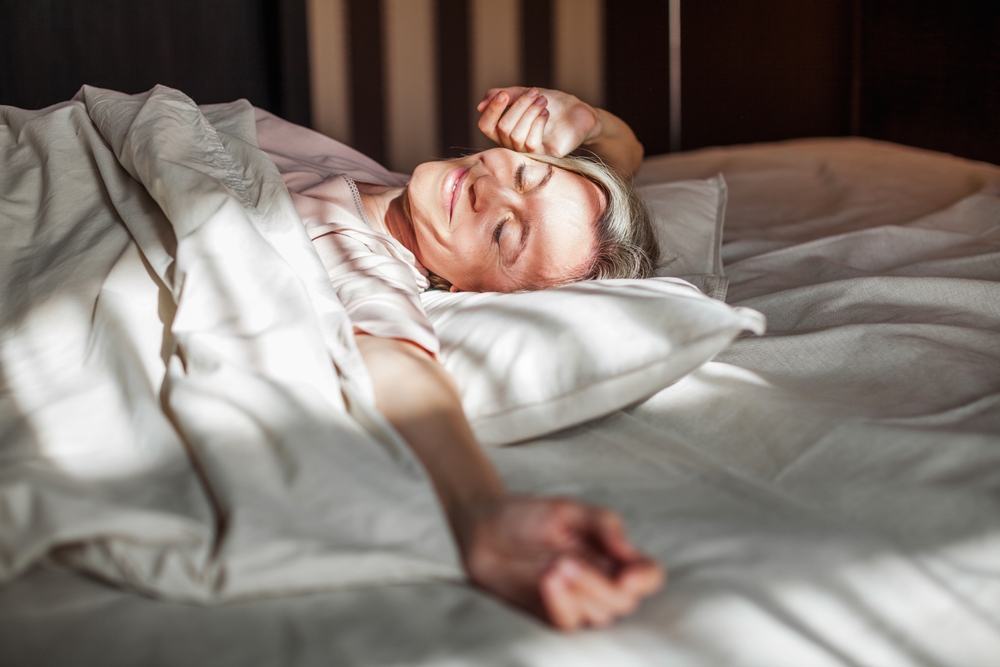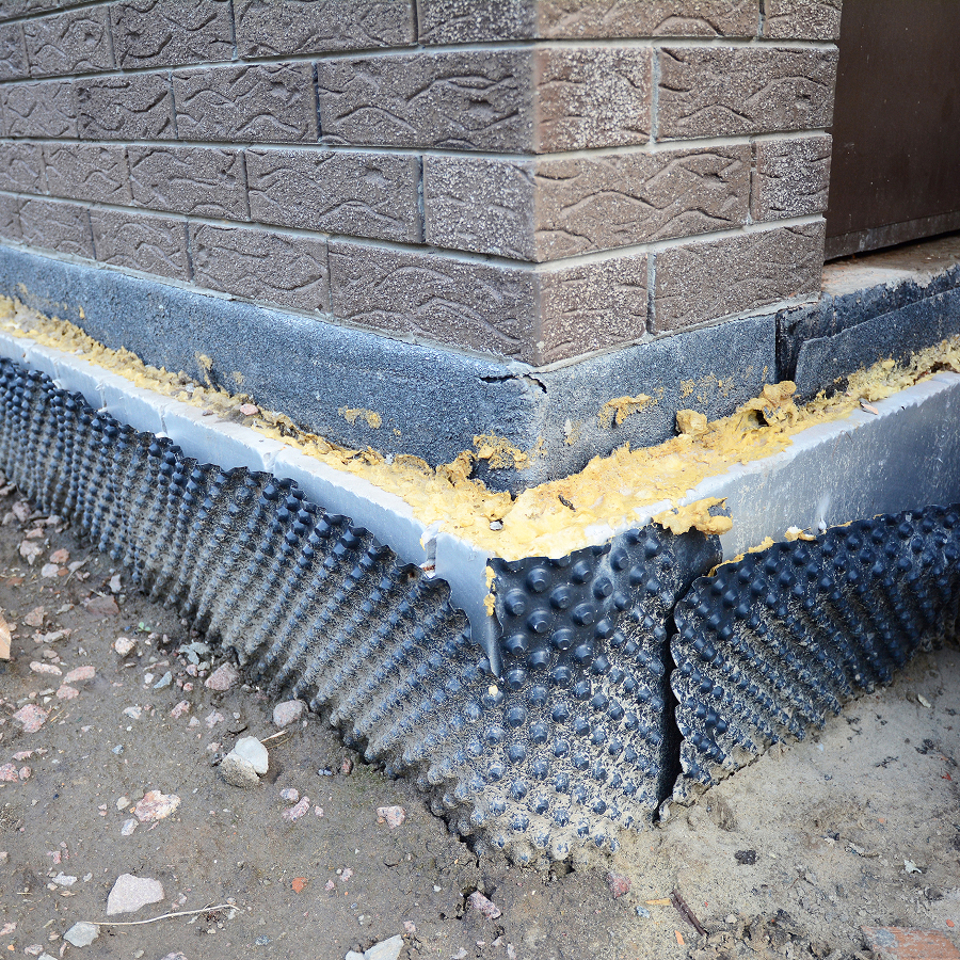Comfort is cool
Have you ever kicked off the covers in the middle of the night or flipped your pillow to the cooler side, chasing that perfect cozy chill? You're not alone—and you're not just being picky. There’s real science behind why we sleep better in a cool room, and it goes far beyond just comfort. From helping your body tap into natural fat-burning powers to syncing up your internal clock, sleeping in a cooler environment is one of the simplest ways to boost your health, energy, and overall sleep quality.
Comfort is definitely “cool”!
Let’s pull back the sheets and explore six fantastic, fact-backed reasons why dialing down the thermostat at night is one of the best habits you can build.
Your Body Was Built for Cool Sleep
Humans are biologically wired to sleep when it’s cooler—literally. As the sun sets, your body starts to cool down in anticipation of rest. This process is a key part of your circadian rhythm, the internal 24-hour clock that tells your body when it’s time to sleep and wake. At night, your core body temperature naturally drops by about 1 to 2 degrees Fahrenheit, signaling to your brain that it's time to wind down.
Sleeping in a warm room disrupts this cooling process and can leave you tossing and turning. But when the room temperature supports your natural rhythm—ideally between 60°F and 67°F according to the National Sleep Foundation—you fall asleep faster and enjoy deeper, more restorative sleep. It's not magic; it’s just science doing what it does best.
Cool Rooms Encourage Deeper, Higher-Quality Sleep
Ever sleep for eight hours but still wake up groggy? That might be your bedroom temperature getting in the way of slow-wave sleep—the deep, non-REM stage when your body does most of its recovery and memory consolidation.
Research from the NIH (National Institutes of Health) confirms that cooler sleeping environments help the body stay longer in slow-wave sleep and reduce nighttime wakefulness. In contrast, temperatures above 75°F can increase wakefulness and reduce REM sleep—the stage associated with vivid dreams and brain processing.
Translation: If you want to wake up refreshed and ready to take on the day, it’s time to give your AC a little love.
Brown Fat—The Secret Fat That Burns Calories in Your Sleep
Here’s something that sounds too good to be true—but isn’t: sleeping in a cool room can help you burn fat in your sleep. And not just any fat—we're talking about brown fat, the metabolically active fat that burns calories to produce heat.
A 2014 study published in the journal Diabetes found that people who slept in a room cooled to 66°F for a month doubled the amount of brown fat in their bodies. Brown fat helps regulate blood sugar, supports metabolism, and can even reduce your risk of diabetes and obesity.
So yes—cooler nights can literally heat up your metabolism while you snooze. Talk about a win-win.
Better Temperature, Better Hormones
Your sleep environment affects more than just how quickly you fall asleep—it can also impact your hormone levels. Melatonin, the “sleep hormone,” is naturally produced in response to darkness and cooler temperatures. It not only helps you drift off but also acts as a powerful antioxidant, supports immune function, and helps regulate other hormones in the body.
On the flip side, sleeping in a hot room can increase cortisol, the stress hormone, making you feel more anxious, inflamed, and restless the next day. Want better hormonal balance? Turn down the temp and let your body do its job.
You’ll Fall Asleep Faster—Naturally
We’ve all experienced those frustrating nights of clock-watching and blanket-adjusting. What you might not realize is that it’s often the room temperature, not your stress or screen time, that’s the real culprit.
When your body isn’t cooling down like it’s supposed to, it delays melatonin production and keeps your brain alert. A cooler environment helps trigger your body’s natural “sleep switch,” making it easier to fall asleep without tossing, turning, or counting sheep.
Think of your AC as a bedtime assistant—it helps dim the lights internally and puts your system on sleep mode.
Humidity Matters, Too—and Florida's Got Plenty of It
In places like Central Florida, where ServiceOne Air Conditioning and Plumbing calls home, humidity is just as important as temperature. High humidity can make a room feel warmer than it actually is, interfere with sweating (your body’s natural cooling process), and promote the growth of mold and dust mites—all of which can negatively affect your sleep and health.
According to the EPA, the ideal indoor humidity level is between 30% and 50%. Keeping your bedroom within this range can improve air quality, reduce allergens, and make those cool nighttime temperatures feel even more comfortable.
If you're running your AC without a proper humidity control system—like a dehumidifier or a smart thermostat—you might be missing out on the full benefits of cool, clean sleep.
Sleep Like a Pro—Call in the Cool Experts
Optimizing your bedroom for better sleep doesn't mean turning your home into a freezer. But with the right temperature, humidity control, and system efficiency, your AC can become your best nighttime ally.
At ServiceOne Air Conditioning and Plumbing, we help Florida homeowners stay cool and sleep better with expert HVAC service, energy-efficient upgrades, and smart solutions that keep your home comfortable year-round. Whether you're ready to install a smart thermostat, tune up your AC, or explore whole-home dehumidification, we’ve got you covered.
Because the only thing better than a good night’s sleep… is knowing you’ve got a team behind you making it happen.
Contact ServiceOne Air Conditioning and Plumbing today and start sleeping smarter—cooler, calmer, and healthier.






